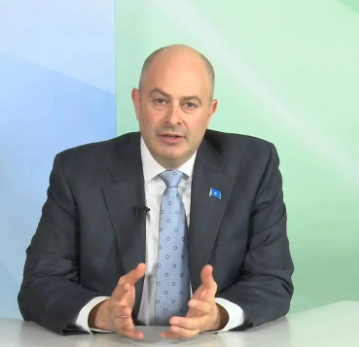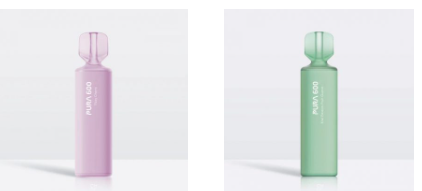
Introduction: In emergency care settings, patients should feel safe, supported, and assured that their personal information and medical conditions are treated with the utmost privacy. Dr Michael Hilton emphasizes the importance of privacy in emergency care, highlighting how it fosters patient comfort, enhances communication, and encourages timely medical intervention.
1. Privacy Enhances the Quality of Emergency Care: Privacy is a fundamental component of high-quality emergency care. Patients need to feel at ease when seeking medical attention and sharing their concerns with healthcare providers. Feeling that others may overhear confidential conversations with doctors or nurses can compromise the patient’s sense of comfort and hinder open communication.
2. Improved Patient Comfort Leads to Better Outcomes: Maintaining privacy during medical consultations fosters a sense of security, confidence, and trust in the medical staff. Patients who feel listened to and respected by their healthcare providers are more likely to openly discuss their concerns, ask relevant questions, and actively participate in treatment decisions. This facilitates a collaborative approach and ultimately leads to better medical outcomes.
3. Protecting Patients from Unwanted Overhearing: A sick or injured individual should not have to worry about being overheard by other patients in the waiting room or on social media. While these areas may appear public, they are, in fact, private spaces governed by privacy laws. Ensuring patient privacy at all times creates an environment where individuals can seek emergency care without concerns about their personal information being exposed.
4. Overcoming Barriers to Seeking Care: Embarrassment or shame associated with a medical condition can deter individuals from seeking timely medical attention. When patients feel embarrassed, they may delay seeking care until their condition worsens. By prioritizing privacy and fostering a confidential environment, healthcare providers can help alleviate these concerns and encourage patients to seek care promptly.
Conclusion: Dr Michael Hilton Maintaining patient privacy is crucial in emergency care settings. By ensuring confidentiality, healthcare providers create an environment where patients feel safe, comfortable, and empowered to openly discuss their medical concerns. Privacy safeguards promote effective communication, enhance patient satisfaction, and ultimately contribute to improved medical outcomes. It is imperative that healthcare professionals prioritize privacy to establish a trust-based relationship with patients and provide optimal emergency care experiences.


